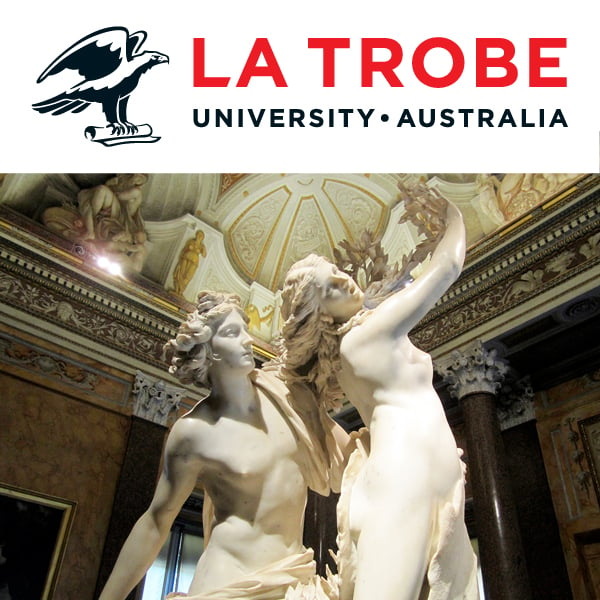'I shall live': Immortality (handout)
Description
Ovid ends his work with a series of deifications: Julius Caesar becomes a god; Augustus will become a god. This most allusive and transformative of texts apparently ends with a pat celebration of the Julian family. However, this is not the end at all, for Ovid actually completes his work with his own immortality: he will live through his work and thus go beyond death and also beyond the holders of political power. It is a confident statement of the transcendence of poetry. Yet nothing is stable in Ovid's world, and the final book also contains a lengthy speech by the philosopher Pythagoras, whose beliefs include the perpetual rebirth of souls into new bodies. Is this an attempt to give a theoretical underpinning to the epic? Or does it once again snatch the rug from under the reader's feet?!
Copyright 2014 Rhiannon Evans / La Trobe University, all rights reserved. Contact for permissions.
More Episodes
The Aeneid and Metamorphoses have continued to be rediscovered and reinterpreted throughout the 20th and 21st centuries. The two world wars which defined the first half of the 20th century forced a reconsideration of all war poetry, particularly the Aeneid, which began to be recognised as a work...
Published 05/27/14
Published 05/27/14
The Aeneid and Metamorphoses have continued to be rediscovered and reinterpreted throughout the 20th and 21st centuries. The two world wars which defined the first half of the 20th century forced a reconsideration of all war poetry, particularly the Aeneid, which began to be recognised as a work...
Published 05/27/14


